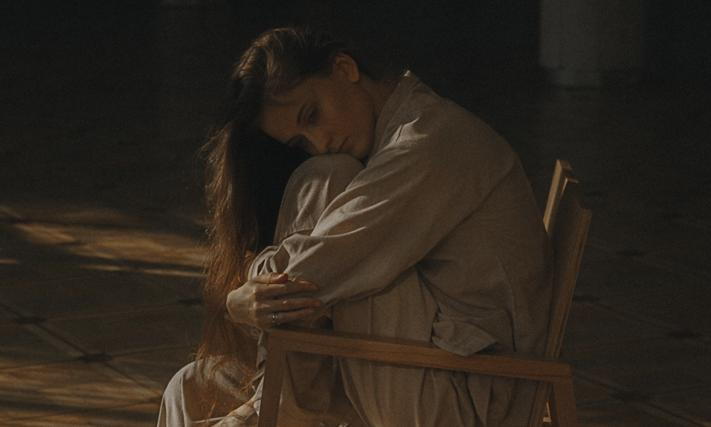
Depression and anxiety are common mental health disorders that can significantly impact a person's well-being. These conditions often manifest with physical symptoms such as stomach pains, headaches, disrupted or excessive sleep, and motor control difficulties. While the exact causes of depression and anxiety are not fully understood, there is evidence to suggest a genetic predisposition, as well as triggers like trauma and adverse life circumstances. Additionally, it is worth noting that depression is diagnosed more frequently in women and may present differently in women compared to men.
In the realm of therapy, two approaches that have shown promising results in the treatment of depression and anxiety are Dialectical Behavior Therapy (DBT) and Radically Open-Dialectical Behavior Therapy (RO-DBT). These therapeutic modalities incorporate various skills and strategies to address the unique challenges faced by individuals experiencing depression and anxiety.
DBT is an evidence-based therapy that emphasizes the development of skills in four key areas: mindfulness, distress tolerance, emotion regulation, and interpersonal effectiveness. Mindfulness involves cultivating awareness of the present moment without judgment, allowing individuals to better manage their emotions and reactions. Distress tolerance skills help individuals cope with distressing situations without resorting to self-destructive behaviors. Emotion regulation skills enable individuals to understand and manage their emotions effectively. Interpersonal effectiveness skills focus on enhancing communication, assertiveness, and relationship-building abilities.
RO-DBT, on the other hand, is a specialized form of DBT that targets disorders characterized by excessive self-control and inhibition, such as chronic depression. It emphasizes the importance of social signaling, openness, and flexible responding. RO-DBT helps individuals with depression and anxiety to explore their social connectedness and develop skills to increase their capacity for positive emotions and interpersonal warmth.
In addition to these therapeutic approaches, a comprehensive treatment plan for depression and anxiety may include a combination of talk therapy, medication, and adopting a healthier lifestyle. Talk therapy provides a supportive environment for individuals to explore their thoughts, emotions, and behaviors, while medication can help alleviate symptoms and restore balance to brain chemistry. Adopting a healthier lifestyle, including regular exercise, a balanced diet, and sufficient sleep, can also contribute to overall well-being and improve symptoms of depression and anxiety.
It is important to recognize that each individual's experience with depression and anxiety is unique, and treatment should be tailored to their specific needs. Therefore, a collaborative approach between the individual and their healthcare provider is crucial to identify the most effective strategies and interventions. By incorporating skills from DBT and RO-DBT into treatment plans, individuals with depression and anxiety can gain valuable tools to navigate their emotions, improve relationships, and enhance their overall quality of life.
